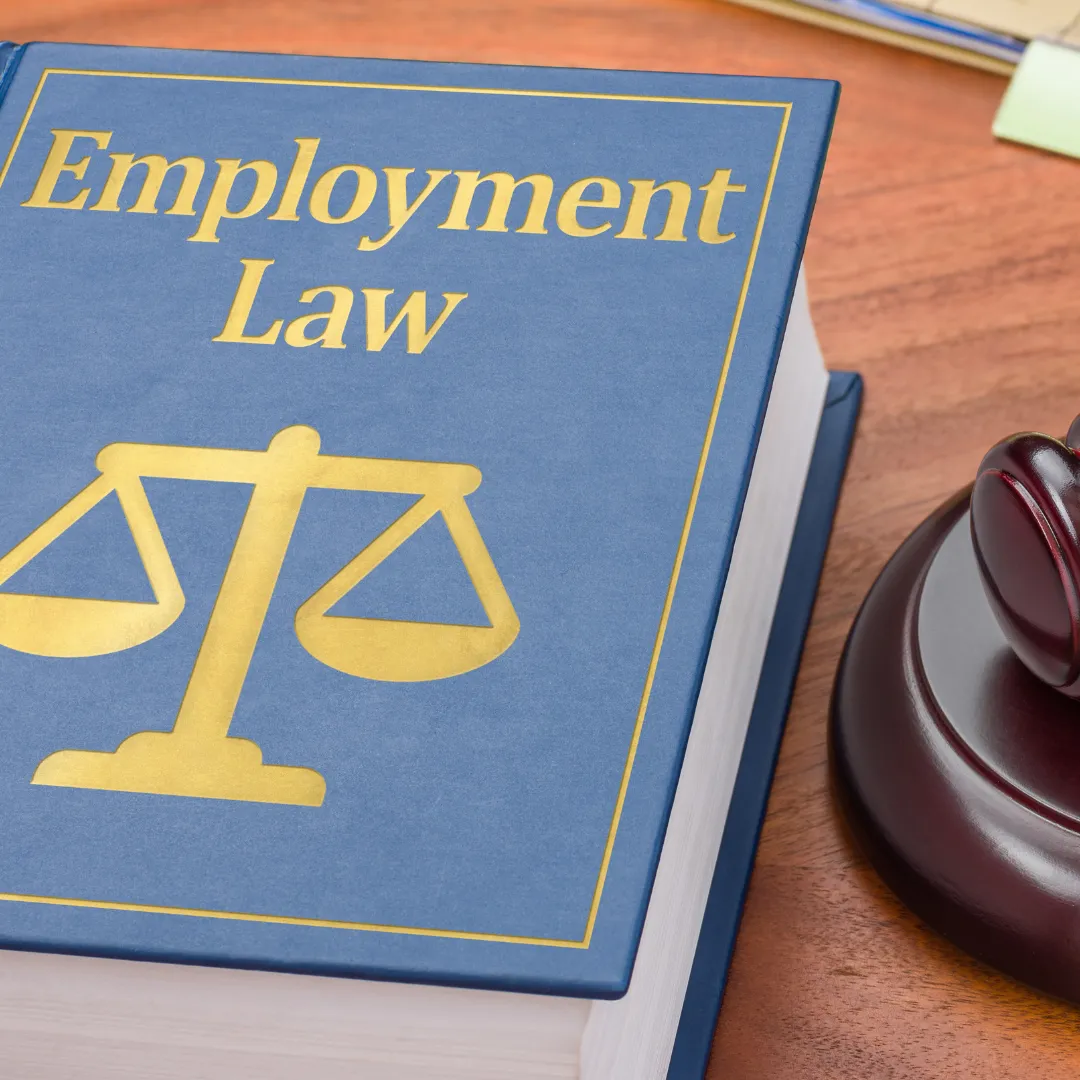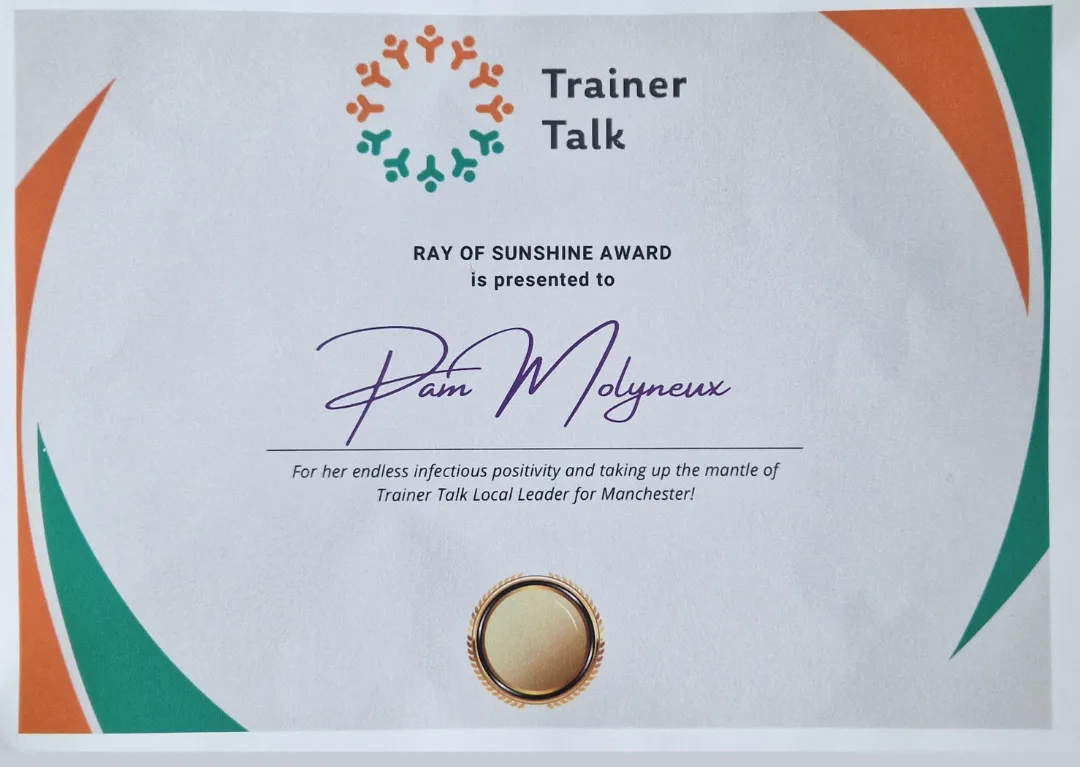Read Our Latest Blogs

CASE LAW FOR CONSIDERATION MARCH 2024
To be protected against suffering a detriment for seeking to take parental leave, an employee does not formally have to apply to take the leave.
Detriment for seeking to take – Parental Leave
Hilton Foos Solutions Ltd v Wright
THE LAW
The law provides protection from dismissal because an employee has “sought” to take parental leave via a combination of Section 99 Employment Rights Act 1996 (“ERA”) and Regulation 20 of the Maternity and Parental Leave etc. Regulations 1999 (MPLR).
Section 99 of the ERA provides that an employee should be treated as unfairly dismissed where the reason (or main reason) for the dismissal relates to leave for family reasons, including parental leave. Regulation 20 of the MPLR adds that this applies where the employee “took or sought to take…parental leave”.
THE FACTS
The claimant was employed as a Logistics/Supply Chain Manager, working for the respondent for a little over a year before being dismissed on grounds of redundancy. Prior to his dismissal, the claimant had informally discussed taking unpaid parental leave to look after his disabled son with his colleagues, including the HR department, his line manager and the respondent’s managing director. On speaking to the managing director of his intentions, the claimant was reportedly told "so you want to go f*ing legal then" and that he was expected to be in the office "Monday to Friday, 8-5pm with no exceptions". This was reported to HR, but the behaviour was dismissed as typical for the managing director. In the end, the claimant did not at any time make a formal request to take Parental Leave.
Following the dismissal, the claimant brought a claim for automatic unfair dismissal on the basis that the real reason for the dismiss was his intention to request parental leave, and not redundancy as the respondent had purported.
Employment Tribunal (ET)
At a preliminary hearing the respondent applied to strike out the claim on the basis that it had no reasonable prospect of success. This argument before the ET was based on the fact a formal request for parental leave was never in fact made, despite the claimant acknowledging that this was a requirement to take the leave. As no formal request had materialised, the claimant had not, the respondent argued, as a matter of law have sought to take parental leave, which is necessary for the legal protection to apply.
This was rejected by the ET. It was held that the claimant had made informal enquiries regarding taking parental leave and made it clear on a number of times that he intended to take it. This was sufficient for the ET to find that the claimant had ‘sought’ to take parental leave.
This was appealed by the respondent on the basis that the MPL regulations required a written application to be made in order for it to be said that an employee has sought to take parental leave.
Employment Appeal Tribunal (EAT)
According to the EAT, there is no absolute requirement under the MPL Regulations for an employee to have given notice as set out in those regulations for an employee to have "sought" to take parental leave. The word "sought" is an ordinary English word and in this regard, it should be given its ordinary meaning. Whether or not an employee had sought to take leave under the MPL regulations was therefore a question of fact. Had it been intended otherwise, the regulations would specify that the giving of notice was required for the protection against dismissal to apply, rather than using “sought” instead.
Considerations for employers
This provides useful clarity on a particular point of law, and with family related rights under the spotlight as new entitlements are given and existing ones are changed, anything that makes the management of these clearer would be welcomed by employers.
As a result of this case, employers should bear in mind that the protection offered under the regulations arise even where an informal request or indication to make one has been made, and that this protection applies before two years’ service is reached. Employees who make such enquiries or indications should be treated reasonably and fairly both in relation to their leave request and in any other unrelated proceedings or processes that are undertaken.












